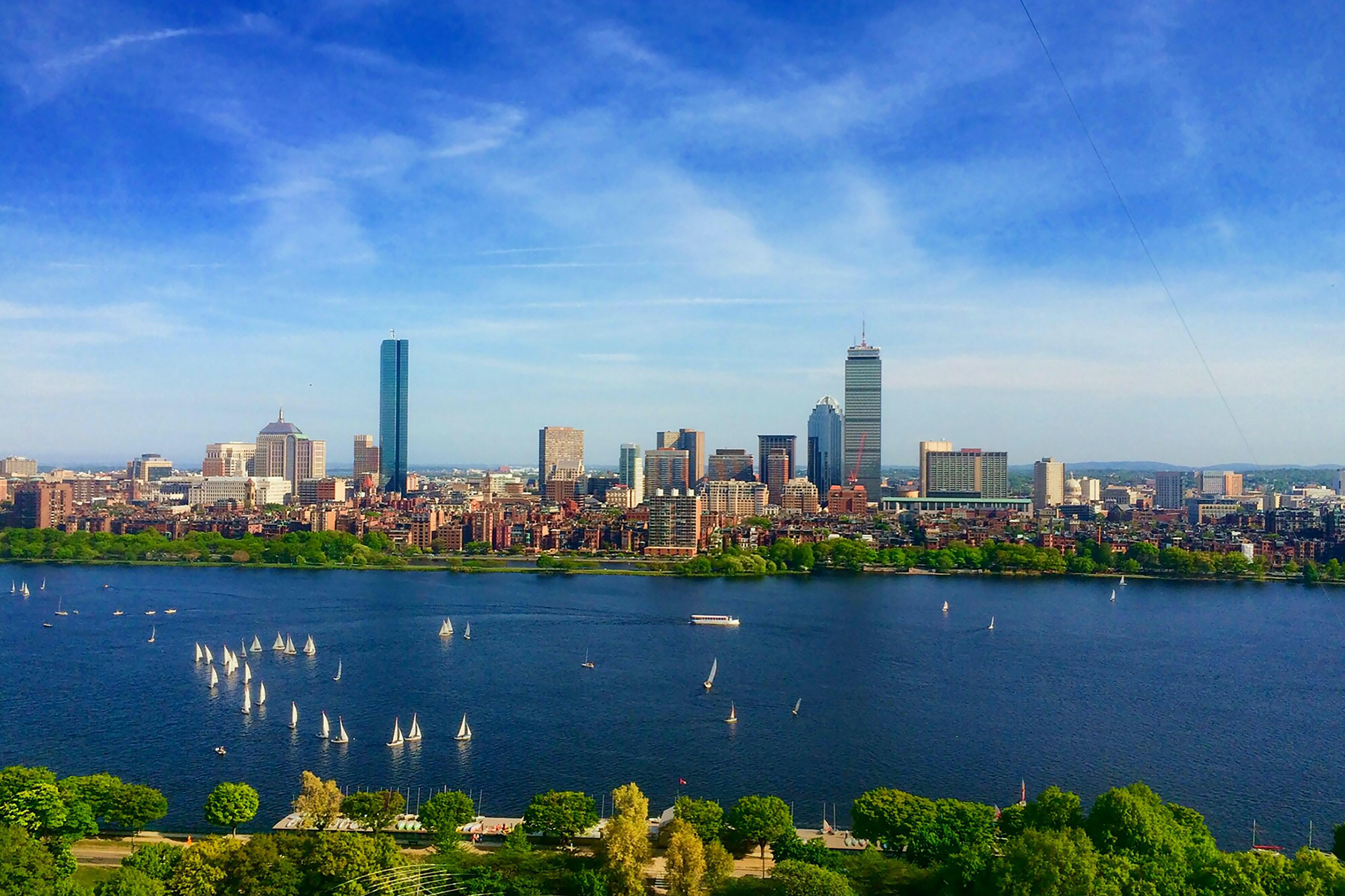
- On July 13, 2022
- In Affordable Housing
A Housing Market Out of Reach: The Challenging Path to Homeownership in Greater Boston
Millions of Americans dream of homeownership and the financial and housing stability it provides. However, the current economic climate and housing market have made purchasing a home nearly impossible for many families and reinforced existing racial wealth gaps in both Boston and across the country.
Home prices in Greater Boston are drastically out of reach for most residents. According to a recent report from Harvard University’s Joint Center for Housing Studies, the cost of a home in Greater Boston increased 15.9 percent as of March from the year prior, indicating a housing market where quickly accelerating prices are prohibitive to most first-time homebuyers. The study found that a household would need to earn $181,254 annually to afford a median-priced home at $659,161 in the Greater Boston region without becoming financially burdened by the purchase – a household income that is much higher than what most Boston households make (The Boston Globe).
What’s behind these high costs? A limited supply of available homes and high demand have created a market dynamic in which sellers can successfully command a high price for their properties. According to The Boston Globe, condos and single-family homes are selling 103 percent and 109 percent over asking price, respectively, with many buyers entering competitive bidding wars with multiple offers only to get outpriced. To make their offers more attractive, many buyers are also sacrificing inspections or contingencies that are designed to protect prospective buyers against unsafe housing conditions or surprises that could arise during the purchasing process, which may lead to further expenses down the line. Hidden costs – like mortgage interest rates, which have recently increased by multiple percentage points, insurance costs, property taxes, and other fees – also continue to dictate what buyers can and can’t afford.
These market dynamics have exacerbated existing racial wealth inequities in our city. As recently reported by WBUR, the homeownership rate in Boston for Latino residents is just 17% and 30% for Black residents, and 44% for white residents. With barriers to homeownership ever growing, so too is the racial wealth gap growing wider and wider.
It will take an incredible amount of work to make housing more equitable and affordable for residents – and there are some solutions already underway that can help. In 2021, the State of Massachusetts enacted a zoning law requiring 175 MBTA communities to develop more multifamily housing. With compliance, this zoning policy is likely to increase housing supply in transit-oriented areas. Policies and resources that also seek to improve financial outcomes for families, like down payment assistance programs, can go a long way in providing financial assistance for first-time homebuyers.
At IBA, we are committed to advocating for policies and programs that increase homeownership and affordable housing opportunities for residents across the Commonwealth, and will continue to dedicate ourselves to developing new, innovative solutions that can improve the livelihoods of many.
...